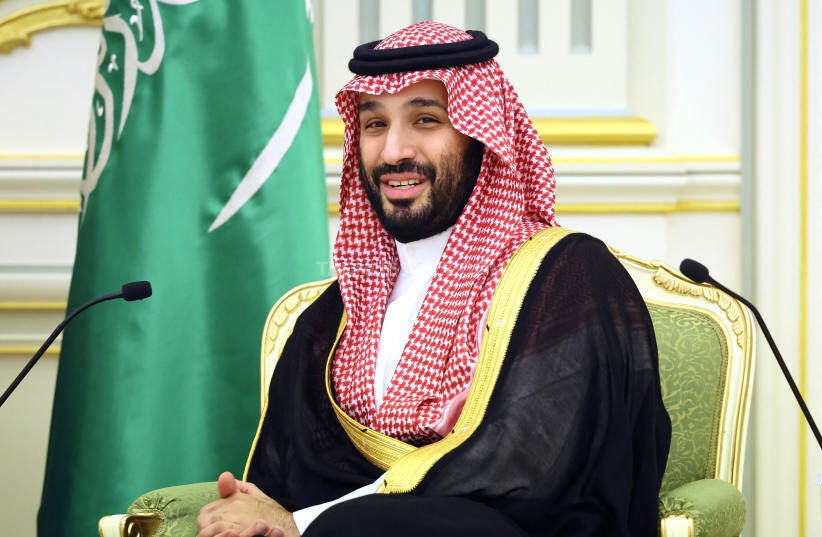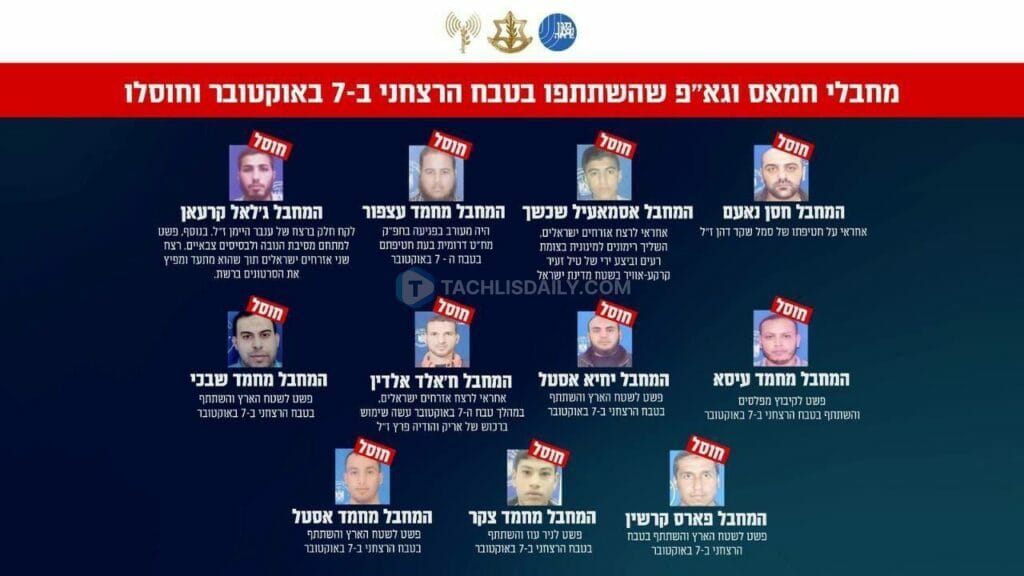Rare Disclosure: Saudi Arabia Acknowledges Role in Defending Israel Against Iranian Assault
Escalating tensions in the region have prompted Saudi Arabia to make a significant admission regarding its involvement in safeguarding Israel against an Iranian attack. The disclosure, posted on the royal family’s official website, sheds light on Saudi Arabia’s strategic role in regional security dynamics.
Following a recent military operation aimed at repelling an Iranian assault on Israel, Saudi Arabia’s contribution to the defensive efforts has come to light. Sources cited by KAN News reveal that Saudi Arabia played a pivotal role in intercepting the majority of Iranian drones and missiles bound for Israel. This collaborative defense effort involved not only Israel and Saudi Arabia but also the United States, Jordan, the United Kingdom, and France.
Of particular significance is the revelation that many of the hostile drones and missiles traversed Jordanian and Saudi airspace before reaching their intended targets in Israel. This underscores the interconnectedness of regional security challenges and the imperative of collective action.
While Jordan had previously been forthcoming about its involvement in the joint military maneuvers, Saudi Arabia had maintained a relatively discreet stance until now. The acknowledgment on the royal family’s website represents a departure from Saudi Arabia’s traditionally guarded approach to diplomacy, signaling a willingness to engage more openly on matters of regional security.
In addition to confirming its participation in the defensive operation, Saudi Arabia used the platform to condemn Iran’s aggressive actions. The official statement emphasized Iran’s destabilizing behavior in the region, particularly its support for terrorist activities. This condemnation echoes sentiments expressed by other regional actors, highlighting a shared concern over Iran’s role in perpetuating conflict and instability.
The disclosure comes at a critical juncture, with ongoing efforts to foster diplomatic initiatives in the region. Prior to the recent escalation, there had been concerted diplomatic endeavors aimed at achieving a strategic pact between Riyadh and Washington, along with progress towards normalization between Saudi Arabia, Israel, and other regional stakeholders. However, these efforts were disrupted by a subsequent escalation triggered by Hamas’s attack on Israel.
Despite these setbacks, the collaborative defense operation represents a significant milestone in regional security cooperation. It marks the first instance of the five allied nations, with support from Saudi Arabia, working together to thwart an Iranian threat. This collective response underscores the growing recognition of shared security interests and the willingness of regional actors to collaborate in addressing common challenges.
As tensions persist and geopolitical dynamics evolve, the acknowledgment of Saudi Arabia’s role in defending Israel against Iranian aggression carries broader implications for regional stability and security cooperation. It serves as a reminder of the complex interplay between regional powers and the evolving nature of Middle East geopolitics.











